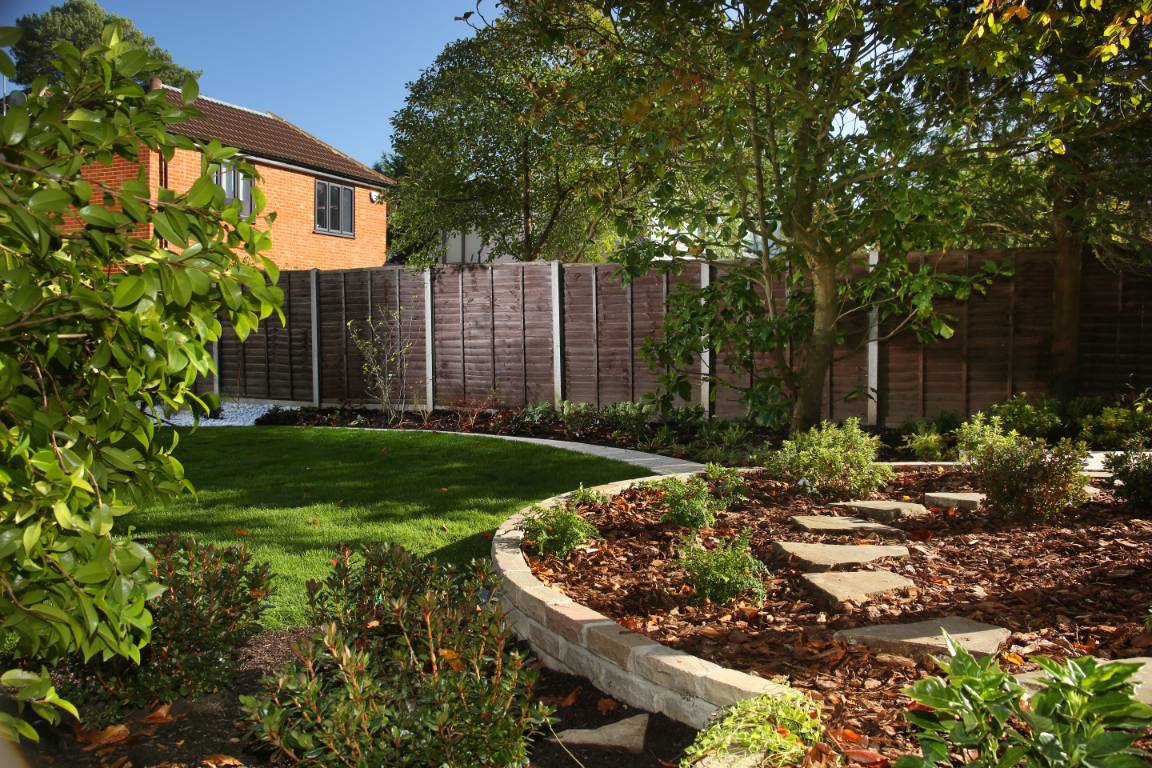Landscape gardening plays a crucial role in enhancing the aesthetics and functionality of outdoor spaces in Leamington Spa. However, it also carries significant environmental implications. Understanding these impacts is essential for landscape professionals, homeowners, and the community as a whole. This article explores both the positive and negative environmental effects of landscape gardeners leamington spa gardening practices in Leamington Spa.
Positive Environmental Impacts
- Biodiversity Enhancement
Supporting Local Ecosystems:
- Native Plant Use: Incorporating native plants in gardens fosters biodiversity by providing habitats and food sources for local wildlife, including birds, insects, and small mammals.
- Pollinator-Friendly Practices: Landscape gardening that includes flowering plants supports pollinator populations, which are essential for maintaining healthy ecosystems.
- Soil Health Improvement
Encouraging Soil Fertility:
- Organic Practices: Utilizing organic fertilizers and compost enriches soil health, promoting microbial activity and improving nutrient availability for plants.
- Soil Erosion Prevention: Well-designed landscapes with proper plant selection and erosion control measures help prevent soil erosion, maintaining the integrity of the local environment.
- Carbon Sequestration
Mitigating Climate Change:
- Tree Planting: Trees and shrubs absorb carbon dioxide from the atmosphere, helping to mitigate climate change effects. Landscape gardeners play a vital role in increasing urban tree canopies.
- Green Spaces: The presence of green spaces in urban areas contributes to carbon sequestration, improving air quality and enhancing the overall environment.
- Water Management
Promoting Sustainable Water Use:
- Rain Gardens and Bioswales: Incorporating rain gardens and bioswales in landscape designs helps manage stormwater runoff, reducing flooding and improving water quality by filtering pollutants.
- Xeriscaping: Implementing xeriscaping techniques with drought-resistant plants minimizes water consumption, promoting responsible water management in gardens.
Negative Environmental Impacts
- Chemical Usage
Impact of Pesticides and Herbicides:
- Chemical Runoff: The use of synthetic pesticides and herbicides can lead to chemical runoff into local waterways, adversely affecting aquatic ecosystems and drinking water quality.
- Soil Contamination: Over-reliance on chemicals can degrade soil health and harm beneficial microorganisms, leading to long-term environmental consequences.
- Invasive Species Introduction
Threats to Local Biodiversity:
- Plant Selection: The introduction of non-native or invasive plant species can disrupt local ecosystems, outcompeting native flora and threatening biodiversity.
- Spread of Invasives: Landscape gardening practices that do not consider native species can unintentionally promote the spread of invasive plants, leading to ecological imbalances.
- Resource Consumption
Environmental Footprint of Gardening Practices:
- Water Use: High water consumption for irrigation can strain local water resources, especially during dry spells or drought conditions.
- Material Use: The production and transportation of landscaping materials (such as stone, mulch, and synthetic turf) contribute to carbon emissions and environmental degradation.
- Waste Generation
Impact of Landscaping Practices:
- Green Waste: The maintenance of gardens generates significant green waste, which, if not composted or recycled, contributes to landfill issues.
- Plastic Use: The use of plastic materials in gardening, such as plant pots and landscape fabric, can create long-lasting waste problems if not disposed of properly.
Sustainable Practices in Landscape Gardening
To mitigate negative environmental impacts while enhancing positive effects, landscape gardeners in Leamington Spa can adopt sustainable practices:
- Organic Gardening: Prioritizing organic methods reduces chemical usage and promotes healthier ecosystems.
- Native Plant Landscaping: Selecting native plants supports local wildlife and reduces the need for irrigation and chemical treatments.
- Sustainable Hardscaping: Using permeable materials for patios and walkways helps manage stormwater and reduces runoff.
- Composting: Implementing composting practices for garden waste returns nutrients to the soil and reduces landfill contributions.
Conclusion
The environmental impact of landscape gardening in Leamington Spa is multifaceted, encompassing both positive contributions to biodiversity, soil health, and carbon sequestration, as well as potential negative consequences related to chemical use, invasive species, and resource consumption. By adopting sustainable practices, landscape gardeners can help mitigate these negative impacts while fostering a healthier environment. Ultimately, the goal should be to create beautiful outdoor spaces that benefit not only homeowners but also the broader community and ecosystem.
